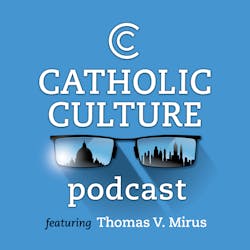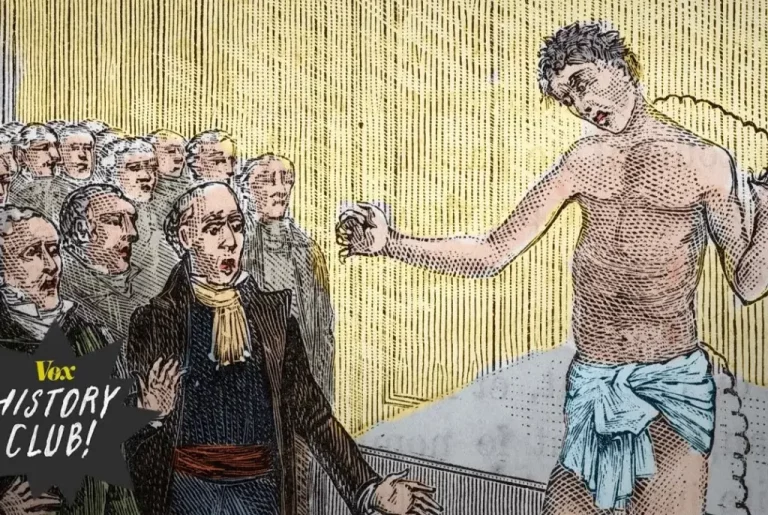Jul 21, 2025
Get free PDF of New Questions, Old Answers: Catholic Morals
and Natural Family Planning https://profide.io/nfp/
Article on the marital debt
https://christianrenaissancemovement.com/2023/02/23/thoughts-on-the-marital-debt/
The way Natural Family Planning is commonly
taught does not adequately reflect the Church’s perennial teachings
on the purpose of marital relations, on sexual asceticism, and the
good of continence. To be sure, critics of NFP are wrong when they
say it is the same as contraception. The Church has deemed it
legitimate to use under certain circumstances. Yet its typical
presentation in marriage prep programs and by popular Catholic
speakers has ended up, in practice, encouraging couples toward
habitual venial sin.
Discussions of NFP often end up in confusion
because they fail to distinguish two separate moral issues: that of
avoiding marital relations during fertile periods, and that of
engaging in them specifically during infertile periods. As to the
first issue, the Church has said we need sufficient reason to
deliberately avoid procreating for a long period of time. But the
second issue involves a moral doctrine that is virtually never
heard of today: that there are particular ends which must be
intended in any act of marital relations, and in particular, that
it is a venial sin for married couples to have relations purely
for pleasure (solam voluptatem, in Pope Innocent XI’s
phrase). The latter is the teaching of all Fathers and Doctors of
the Church without exception.
Given this moral doctrine, and given the
Church’s (and St. Paul’s) traditional encouragement of asceticism
within marriage, the question arises: may married couples engage in
recreational relations specifically while trying to
avoid conception? Answering this question involves questions
about the intrinsic ends of sexual intercourse, questions about
what “purely for pleasure” even means, etc.
The stakes of the question are low in the
sense that this would generally be a matter of venial sin,
but high in the sense
that it bears on our understanding of the very purpose of marriage
and sex, and because habitual, deliberate venial sin is
incompatible with a marriage’s growth in holiness.
Moral theologian Eamonn Clark joins the
podcast to discuss his groundbreaking book (the first on this topic
since the 1940s), New Questions, Old Answers: Catholic Morals
and Natural Family Planning. His conclusions occupy a middle
ground between the extremely strict position of some great Catholic
authorities of the past, and the laxity and sensualism presented by
some well-regarded and well-meaning popular speakers today.
This discussion will be spiritually and
perhaps emotionally challenging to many listeners, but I urge you
to listen with an open heart, because even if you end up
disagreeing with some of the specific conclusions, you will come
away better informed about Church teaching, and equipped to
consider for yourself how you can seek greater holiness in
marriage. In particular, I highly recommend Eamonn’s book to anyone
who is involved in running marriage preparation programs.
Eamonn Clark is a licensed moral theologian of
the Catholic Church – he has an STB and STL from the Pontifical
University of St. Thomas Aquinas in Rome, where he is currently a
lay doctoral student researching the social teaching of Pope Pius
XI.
DONATE to make this show possible! http://catholicculture.org/donate/audio
SIGN UP for Catholic Culture’s newsletter: https://www.catholicculture.org/newsletters







